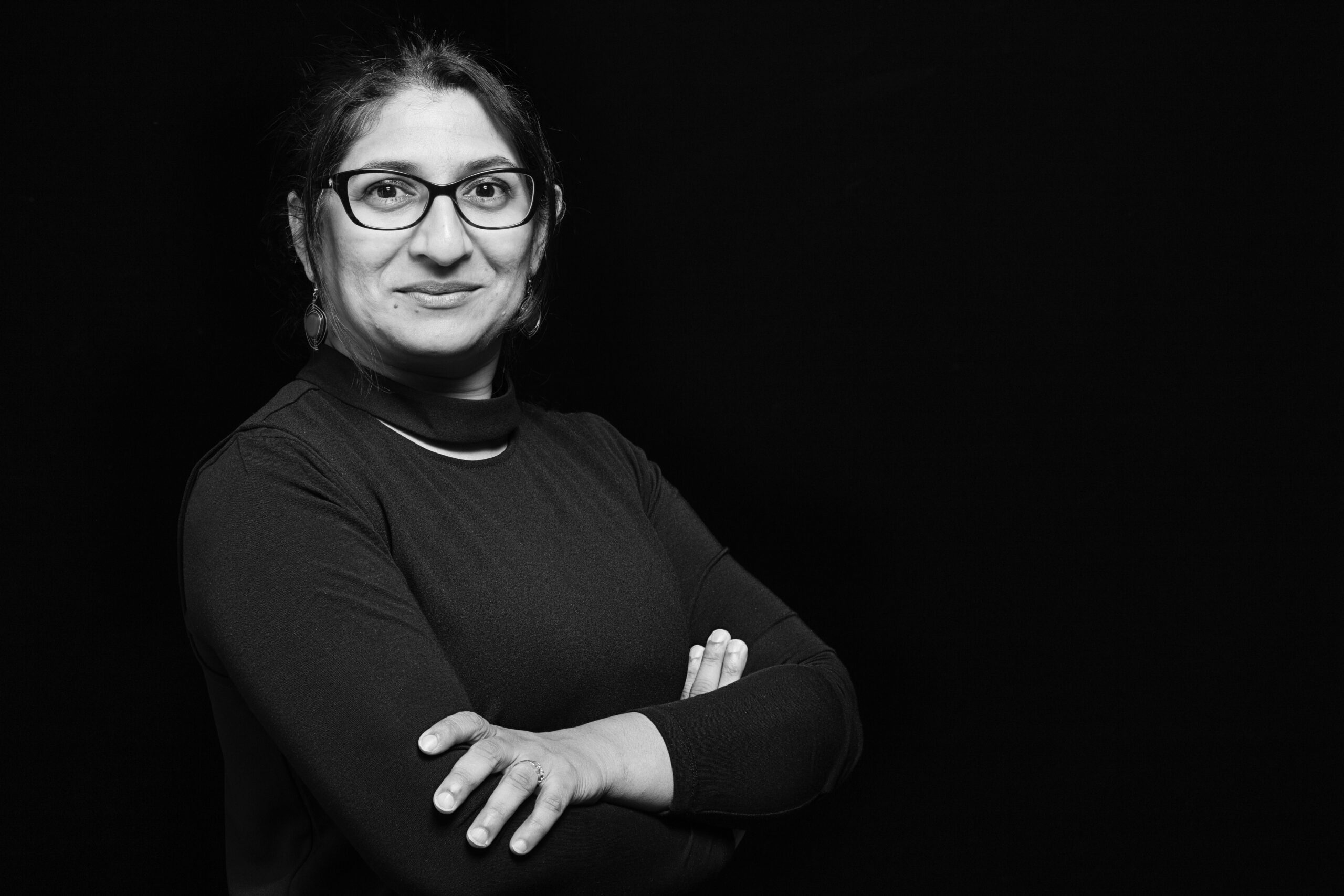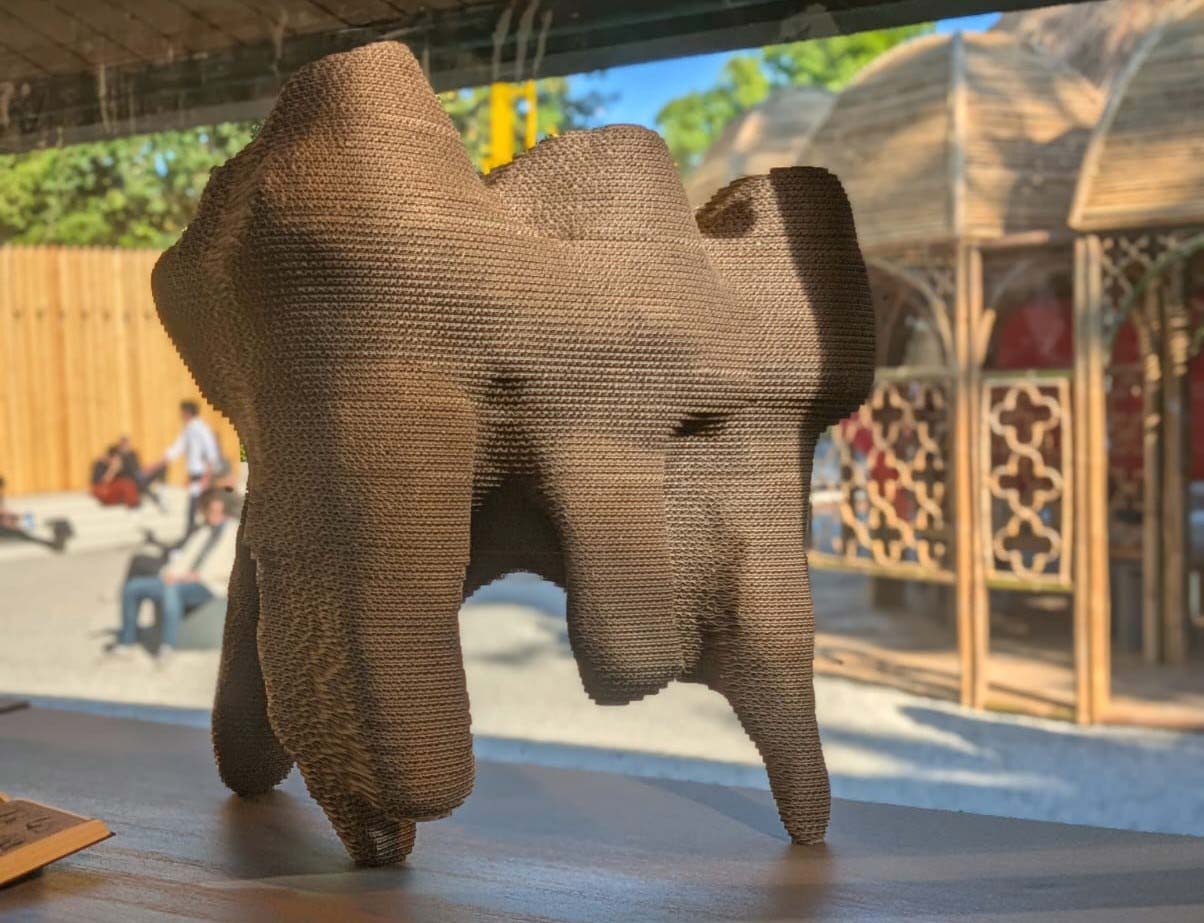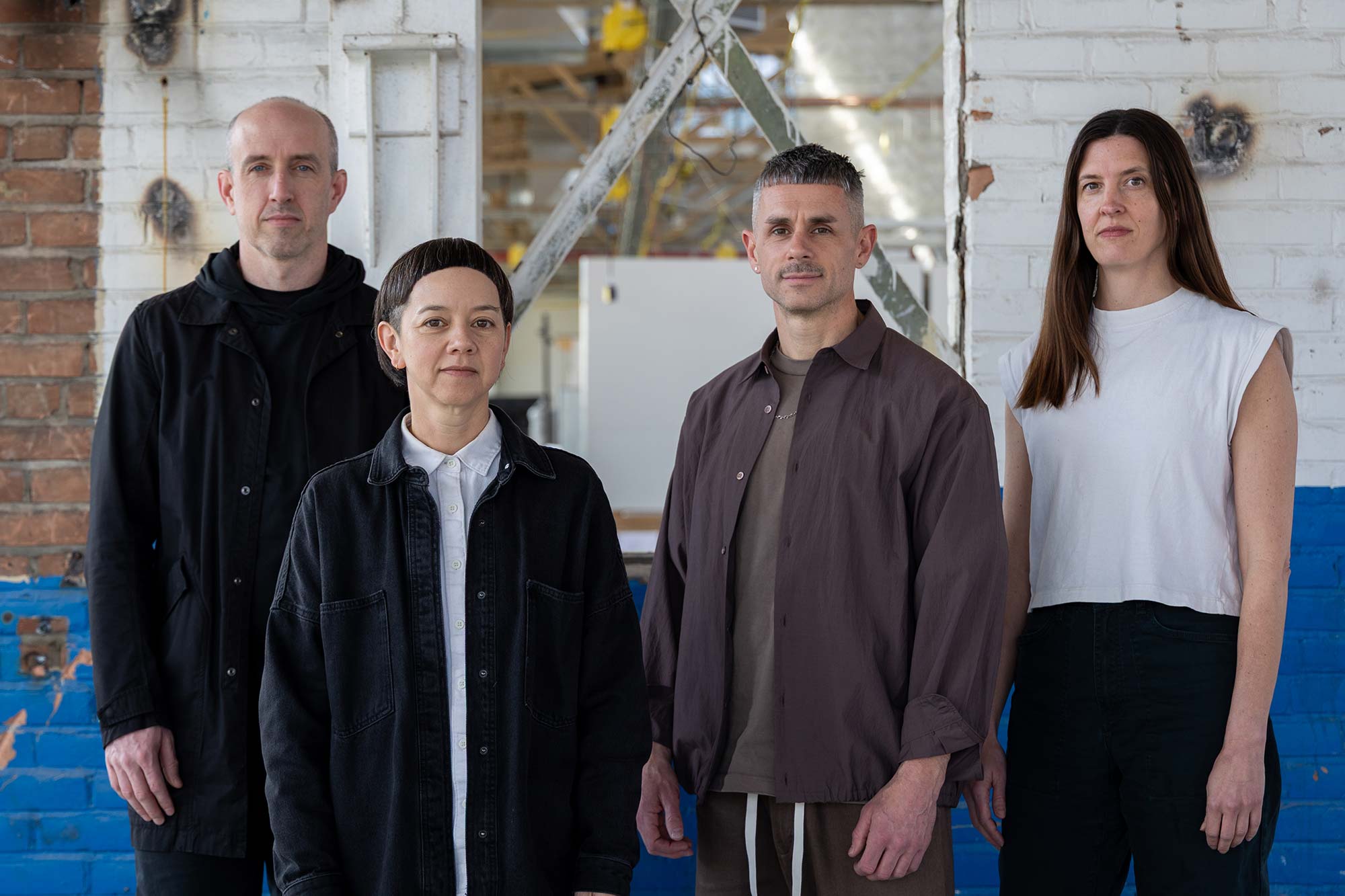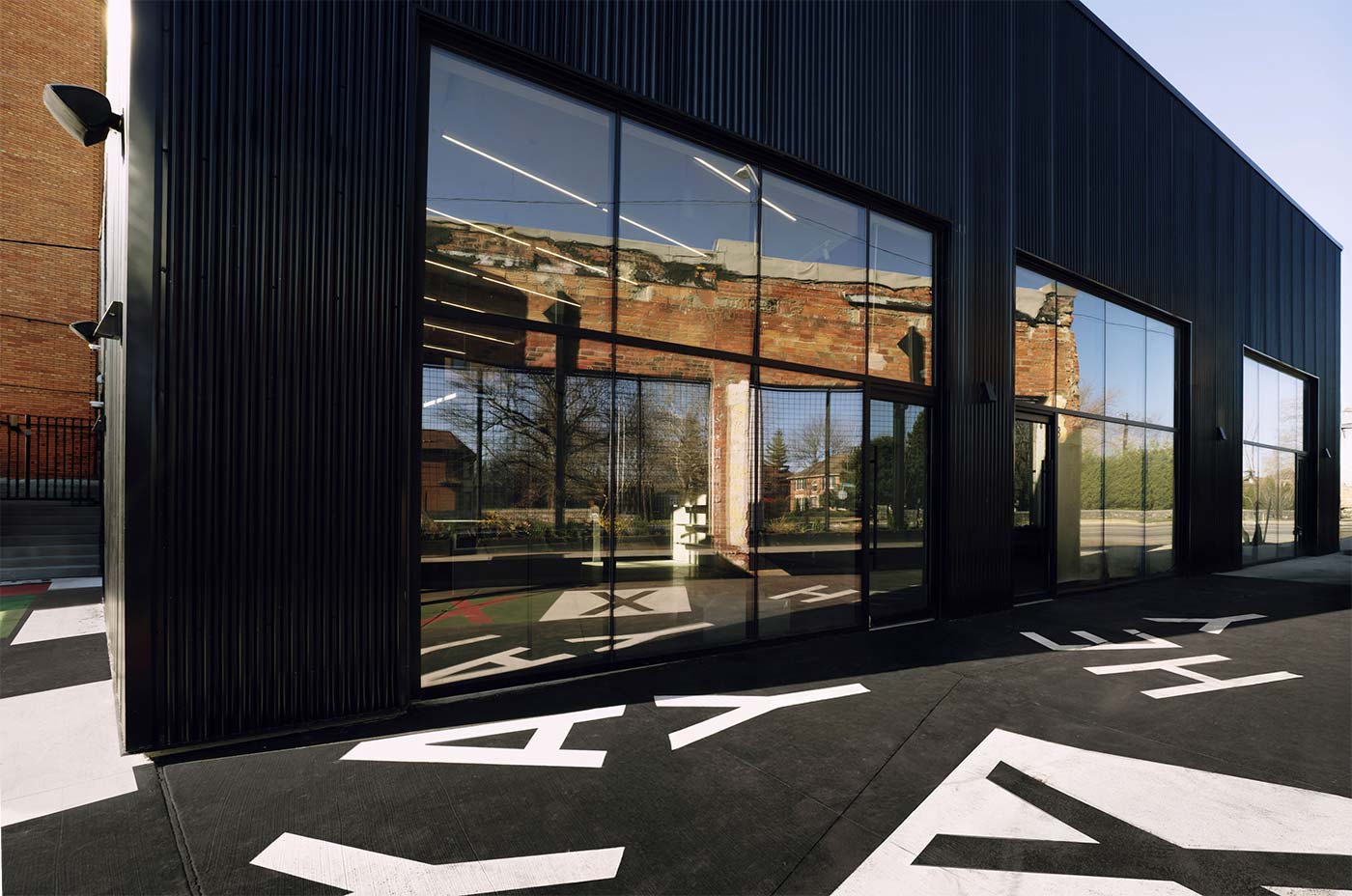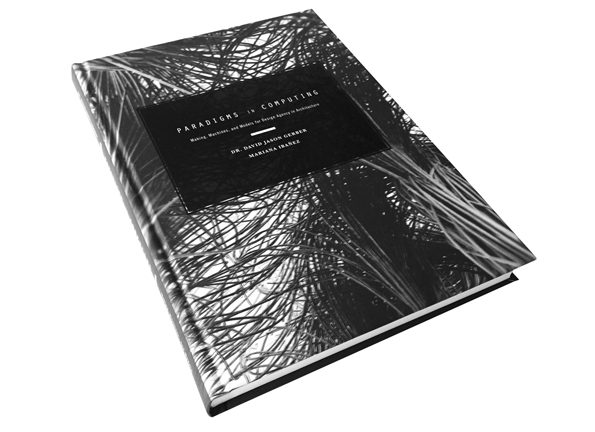
del Campo and Manninger, Velikov and Thün Publish
del Campo and Manninger, Velikov and Thün publish recent writing in “Paradigms in Computing: Making, Machines, and Models for Design Agency in Architecture”
Paradigms in Computing: Making, Machines, and Models for Design Agency in Architecture edited by Dr. David Gerber and Mariana Ibanez brings together critical, theoretical, and practical research and design that illustrates the plurality of computing approaches within the broad spectrum of design and mediated practices. It is an interrogation of our primary field of architecture through the lens of computing, and yet one that realizes a productive expanding of our métier’s definition and boundaries. It is a compilation that purposefully promotes architecture’s disciplinary reach and incorporations beyond the design and construction of buildings and cities.
Associate Professor Matias del Campo and Eliel Saarinen Visiting Professor Sandra Manninger’s contribution is entitled “Autonomous Tectonics II” situates advanced digital design and manufacturing techniques within a context of the Third Industrial Revolution. Machine learning, robot-human cooperation and cognitive machines are expanding and transforming the entire ecology of production, morphing from economies of scale to economies of agglomeration. For the discipline of architecture to centrally participate in this massive shift, it is of paramount importance to understand how the Postdigital Age will transform architectural production and design, while producing a novel culture at large. A culture which brokers the realities (and uncertainties) of programming, coding and alternative material systems.
Assistant Professor Kathy Velikov and Associate Professor Geoffrey Thün’s contribution “Towards An Architecture of Cyber-Physical Systems” situates their recent work on responsive envelopes within the intellectual history of ideas initiated by pioneers in cybernetic theory and systems design from the middle of the last century, and frame these works within three computational paradigms; summarized broadly as systems thinking, prototyping, and embodying information, that defines an architecture of cyber-physical systems. It is precisely this emerging domain of an architecture of cyber-physical systems that will challenge architecture’s autonomy on the one hand while exposing new vistas regarding the centrality of its disciplinary capacities and role as an integrating practice on the other.

Included in this volume are essays and projects, from; Alisa Andrasek, Rachel Armstrong, Philip Beesley, Tom Bessai (MS_MS 2013), Shajay Bhooshan, Brad Cantrel, Matias Del Campo and Sandra Manninger, Pablo Eiroa, Marc Fornes, David Jason Gerber, Maria Paz Gutierrez, Alvin Huang, Jason Kelly Johnson, Simon Kim, Neil Leach, Greg Lynn, Elena and Ana Maria Manferdini, Alex McDowell, Phillippe Morel, Nick Puckett, Casey Reas, Alex Robinson, Jenny Sabin, Jose Sanchez, Patrik Schumacher, Kyle Steinfeld, Satoru Sugihara, Orkan Telhan, Kathy Velikov and Geoffrey Thün, Tom Verebes, Leire Asensio Villoria and David Mah, Jenny Wu, Eric Howeler and Meejin Yoon, and Zaha Hadid Architects.
The book offers a glimpse into the wide range of positions and experiences that are shaping practice and discourse today. The work included in Paradigms in Computing is evidence that models for enquiry are many and proliferating. As digitalization and computation continue to infuse our processes with new tools and new design environments, some of the trends collected in this book will continue to be central to the production and speculation of architecture, and others will, in retrospect, be recognized as the seeds of new, or perhaps multiple, paradigms. Visit the Evolo website for more information on this book.





